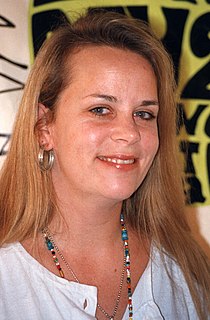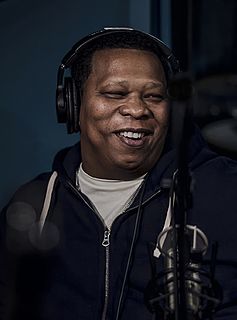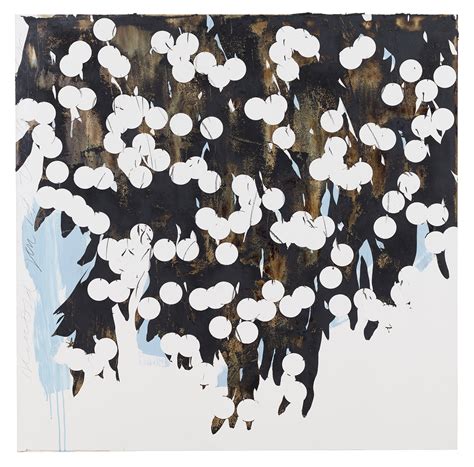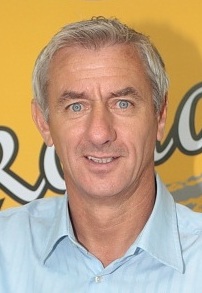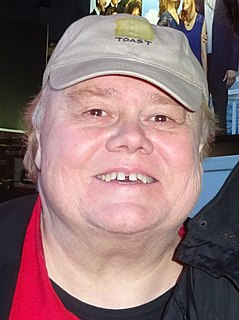A Quote by Adam Jones
We could have gone with much bigger labels and more money, but we wanted to go with a company that is LA based, all in the same building, and really understands what the artists want.
Related Quotes
I think bands will actually make more money without record companies; a much bigger share of the money will go to the bands. You won't have record shops taking 40 percent of the money. You won't have record labels taking 40 percent of the money. So they don't have to sell as many albums as they used to in the past. So it's not necessarily a bad thing if record companies disappear.



